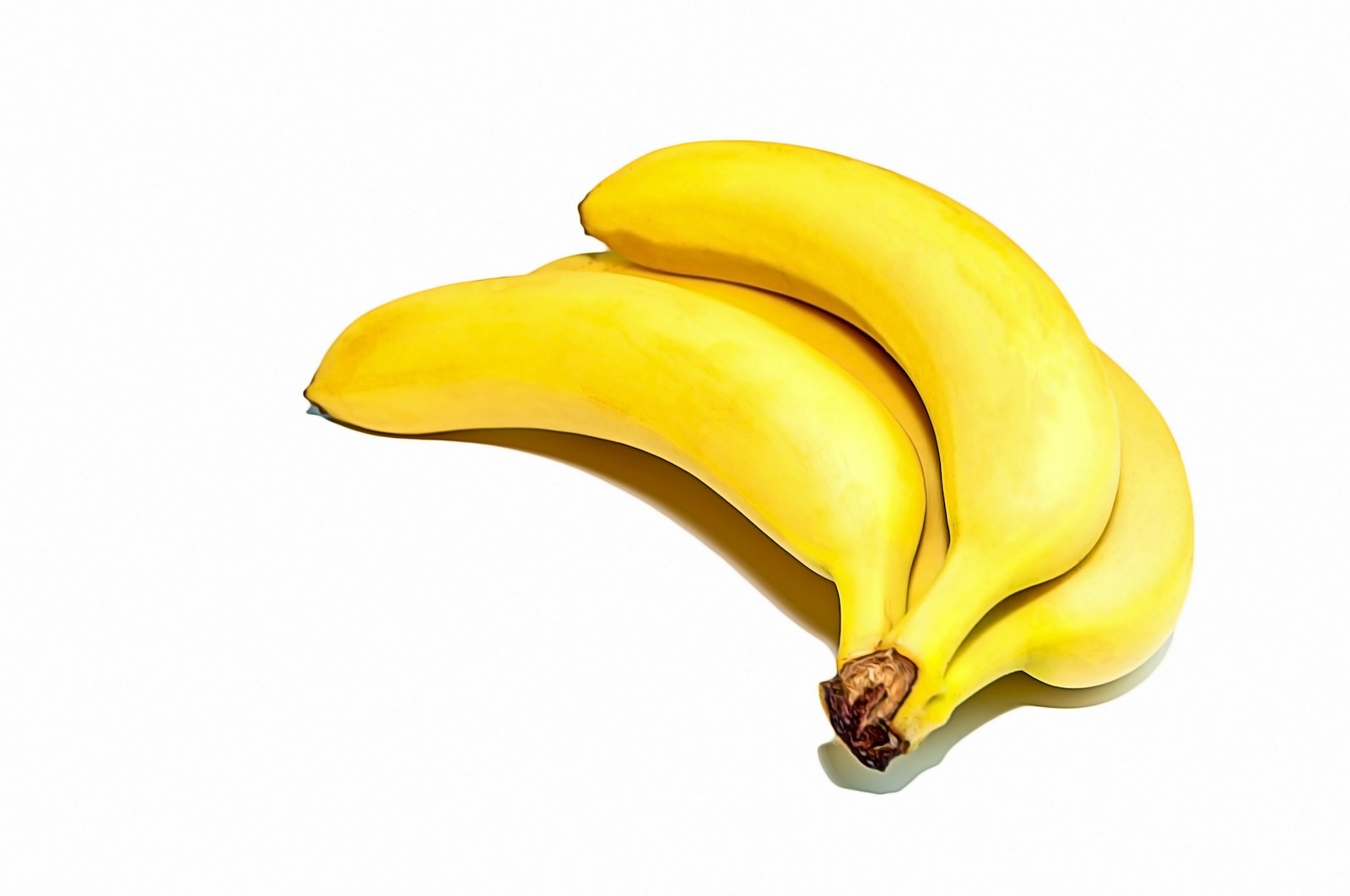
Banane

banana
The German word for banana is 'Banane'. It is a feminine noun and is used in the same context as the English word. It is a common fruit that is yellow when ripe and is often eaten as a snack or used in baking and cooking.
Example sentences using: Banane
Ich esse gern Banane.

I like to eat banana.
This phrase states a personal preference for eating bananas. 'Ich' means 'I', 'esse' means 'eat', 'gern' means 'like' or 'happily', and 'Banane' is 'banana'. The sentence structure is similar to English, except the adverb 'gern' comes after the verb.
Könnte ich bitte eine Banane haben?

Could I please have a banana?
This phrase is a polite request for a banana. 'Könnte' is the conditional form of 'können', which means 'can'. 'Ich' means 'I', 'bitte' means 'please', 'eine' means 'a', and 'Banane' is 'banana'. 'Haben' means 'have'. When making requests in German, it's common to use the conditional mood.
Die Banane ist gelb.

The banana is yellow.
This sentence is a simple statement of fact. 'Die' is the definite article for feminine nouns, 'Banane' is 'banana', 'ist' means 'is', and 'gelb' means 'yellow'. German adjectives do not change their form with gender or number when they describe a noun after the verb 'sein', which 'ist' is a conjugation of.